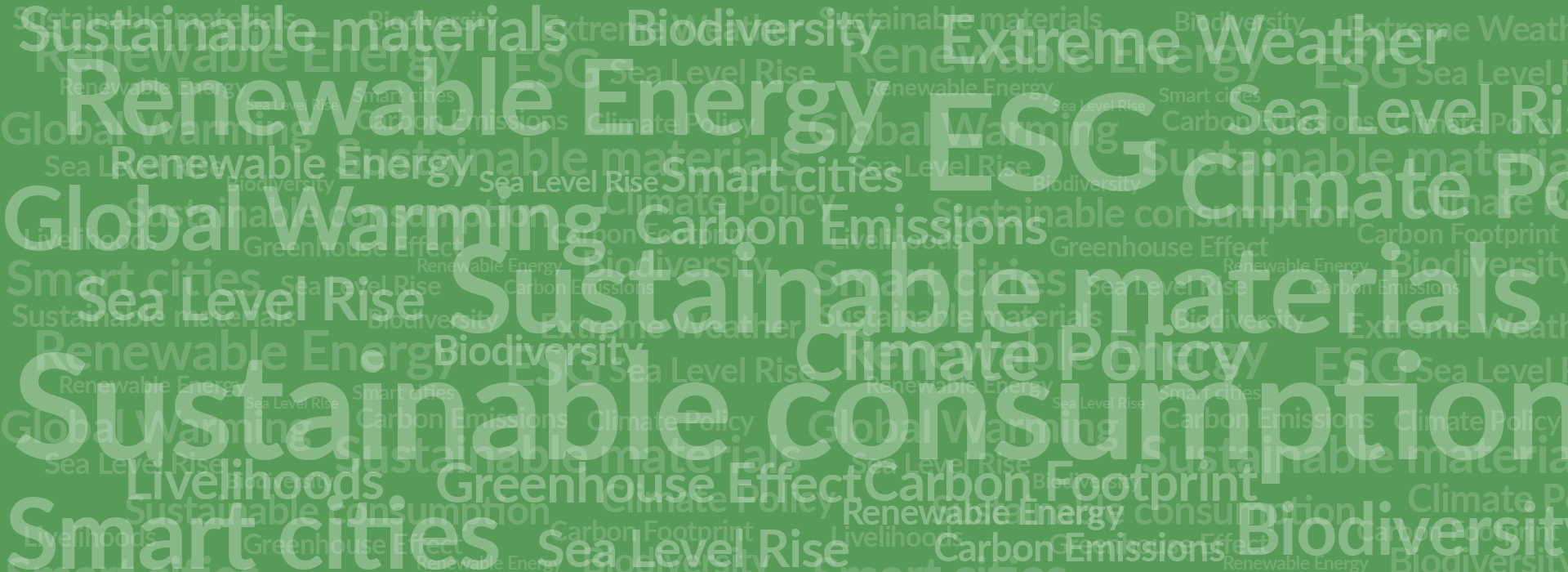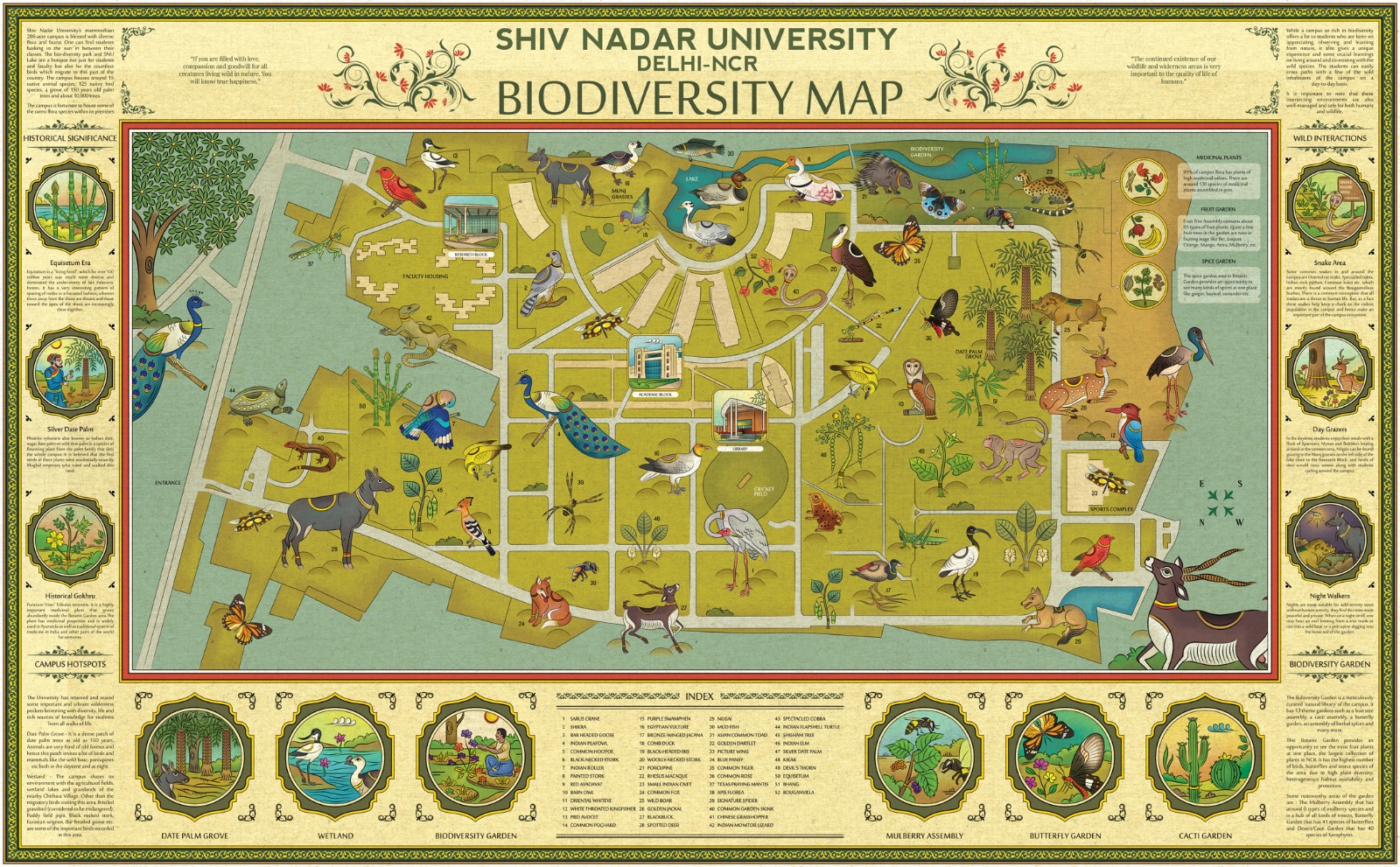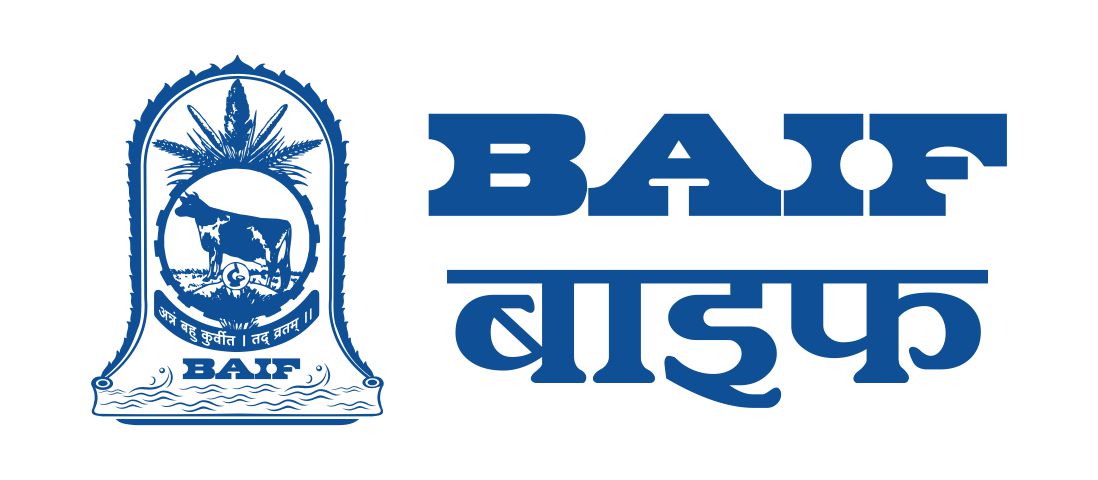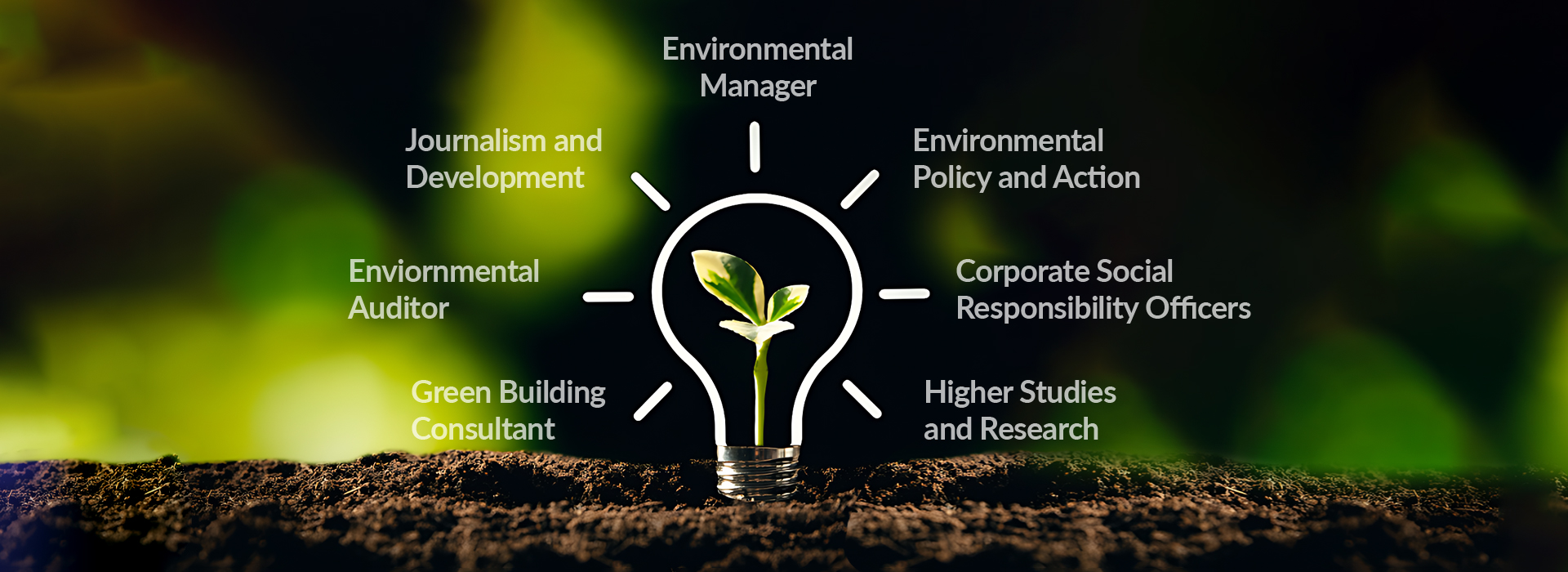Major in Sustainability Studies
The Sustainability Studies Major is designed to prepare internationally recognized sustainability professionals. Our mission extends beyond equipping students with essential skills; we aim to guide them into fulfilling careers. Graduates will be knowledgeable in critical global issues such as climate change, resource depletion, and environmental degradation,with a curriculum that is rich in experiential learning.They can pursue various roles, including environmental consultants, policymakers, researchers, and sustainability managers. With opportunities to make meaningful contributions to the environment and society, graduates will have find their work deeply rewarding.
About the Major
The focus of this Major is to build a holistic understanding of sustainability. The courses are interdisciplinary by design: co-designed and co-taught by faculty across departments/Schools. There is also a strong emphasis on data, measurement, analysis and reporting of sustainability topics – capabilities that are in high demand. Students will have regular exposure to policy professionals, environment, planning and development experts involved in live projects.

The Curriculum
The Sustainability Studies curriculum comprises 60 credits with a blend of the latest scholarship, methods, and technological applications which students will learn within and outside the classroom. The courses include Sustainability: Concepts and Measurements, Measuring and Reporting Sustainability, Ecosystems and Pollution: Air, Water, Soil, and Sustainable Production and Energy Solutions. The program’s well-rounded approach equips graduates for meaningful careers in sustainability. Students also have the opportunity to earn additional certification alongside their degree to add to their credentials. For more details please see the IHS program brochure available on the home page.



_Logo.jpg)









